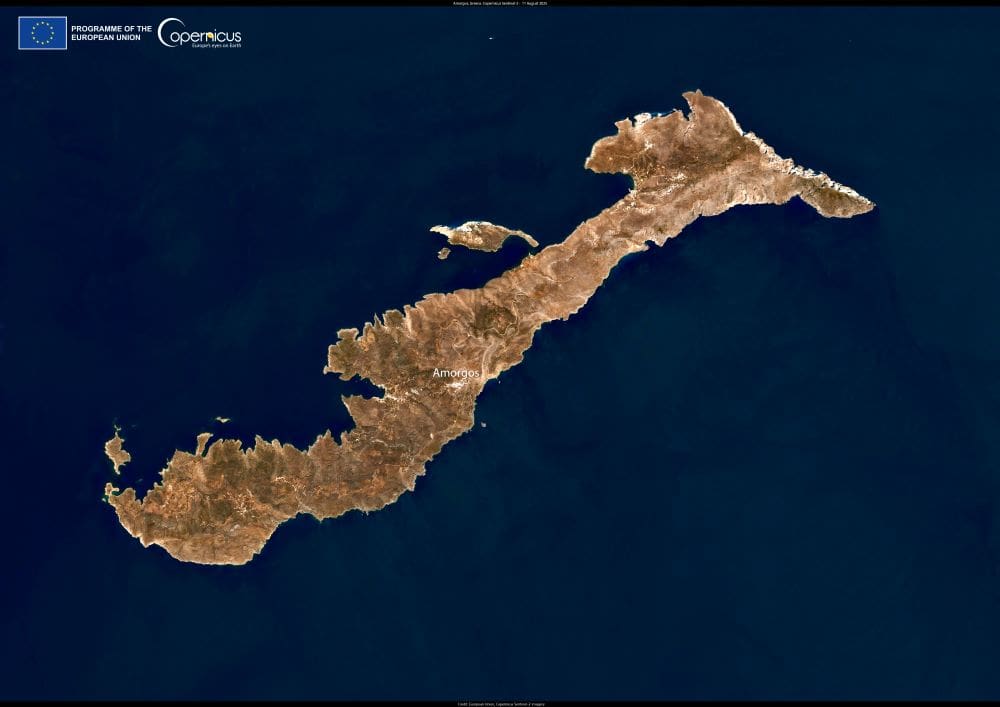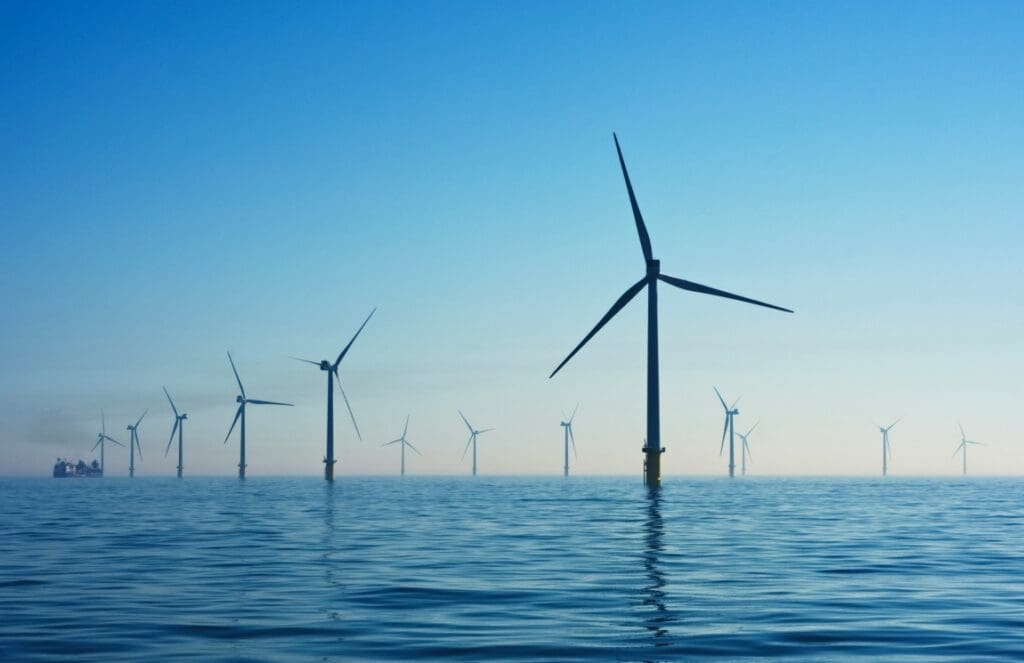G20 countries need to collect comprehensive supply chain data, according to a policy brief by the Complexity Science Hub and other research institutions.
Vienna | Complexity Science Hub – In light of recent global crises – the conflict in the Middle East, disruptions in the Panama Canal, and the Covid-19 pandemic – the vulnerabilities of international supply chains have become more evident than ever. The intensifying effects of climate change will exacerbate these challenges, threatening global supply networks, disrupting economies, and affecting millions of people worldwide.
In a new policy brief, scientists from the Complexity Science Hub and other international research institutions highlight the urgent need for the G20 to lead efforts in collecting comprehensive supply chain data to safeguard the global economy. The brief outlines three key recommendations for the G20:
- National Supply Chain Mapping: It is vital for G20 countries to gather and manage granular supply network data – such as value-added tax and payment flow data – in order to assess and mitigate climate risks at the national level.
- Global Cooperation for Risk Monitoring: G20 countries should establish an international framework for collaboration, enabling nations to link their supply network data and assess global climate risks more effectively,
- Data-Driven Resilience Policies: G20 countries should leverage this information to craft robust, data-driven policies aimed at enhancing the resilience of global supply networks against the growing threats of climate change.
Climate Change and Global Value Chains
Global supply chains are intricate networks of over 300 million firms connected by 12 billion supply chain relationships, according to the policy brief. These networks support no less than 63% of the world’s GDP, making them critical to modern economies.
However, as global temperatures are projected to rise by 2.9°C by 2050, disruptions caused by climate change – including extreme weather events, resource shortages, and regulatory changes – will have profound implications on these supply chains.
Natural disasters, such as floods or droughts, can severely damage infrastructure and obstruct critical trading routes, leading to cascading effects that ripple through supply networks. Additionally, policy changes related to the green transition, such as carbon taxes or the rapid implementation of green technologies, can further destabilize supply chains, particularly those heavily reliant on carbon-intensive processes.
Uniquely Positioned to Lead
“The G20 is uniquely positioned to lead these efforts and ensure that the global supply network is equipped to handle the disruptions posed by climate change,” says Christian Diem, from the Complexity Science Hub (CSH) “For instance, it’s crucial that the group engages in collaborative efforts for supply chain monitoring of critical and essential goods and services. Food security and medical supply distribution are particularly vulnerable to climate change,” adds Diem, one of the policy brief’s author.
In addition, CSH’s president Stefan Thurner stresses that data-driven policy measures will be critical in identifying key weaknesses in global supply networks and prioritizing resilience-building investments. By identifying “too relevant to fail” firms or production nodes and mitigating systemic risks, global leaders can prevent economic collapse in the face of future climate shocks, according to Thurner, also one of the policy brief’s author.
***
About the Policy Brief
The policy brief ‘A Call for Granular Supply Network Data for Navigating the Climate Transition’ is a collaborative effort by experts from the Complexity Science Hub, Vienna University of Economics and Business, Frankfurt School of Finance & Management, DIW Berlin, and ETH Chair of Weather and Climate Risks.
The document was published by the T20 under Brazil’s G20 Presidency. The T20 is an engagement group composed of think tanks and research centers from G20 members and guest countries.
For more information, access the full policy brief ‘A Call for Granular Supply Network Data for Navigating the Climate Transition’ (pdf).
Article Source:
Press Release/Material by Complexity Science Hub
Featured image credit: Freepik




